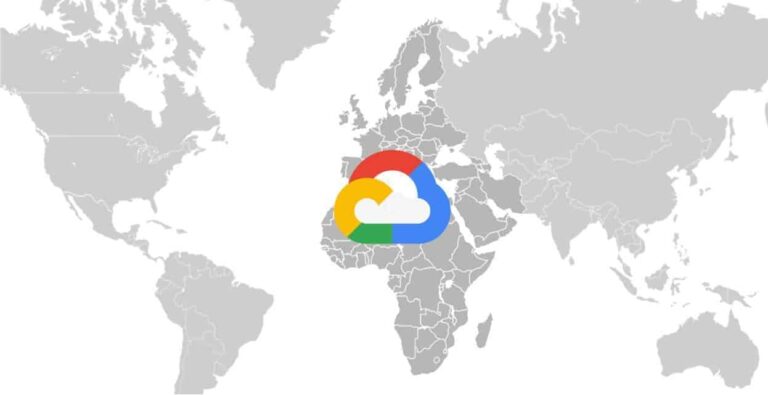American hyperscalers have realized that European customers demand more control over their data. Microsoft and AWS are seeking rapprochement, and Google Cloud also considers sovereignty a high priority. What exactly is the situation with the latest innovations?
Google Cloud is building on its existing sovereign cloud offering with both technical and commercial updates. The functionality will remain the same, while offering more control, freedom of choice, and security.
To deliver on this promise, Google Cloud is turning to strategic partners. This is happening worldwide, but there is a clear European focus. Schwarz Group and T-Systems are Google Cloud’s German partners, while S3NS from France, Minsait from Spain, Telecom Italia and Clarence, which operates in Belgium and Luxembourg, are joining the European ecosystem of Google Cloud partners.
One of the most important options for customers is the so-called ‘data shield’, which is presumably not entirely coincidentally echoing the EU-US Privacy Shield from the Brussels-Washington law books.
Cooperation with European partners
Google has also announced that it will collaborate with local partners in highly sensitive sectors, such as France’s Thales for defense, in order to better comply with stricter data protection requirements for these fields. The company says it will soon launch a similar collaboration in Germany. This will cover the two largest IT regions within the EU.
The series of announcements comes at just the right time. Under US President Trump, Europe’s dependence on the US has become crystal clear and painful. The International Criminal Court (ICC) is already feeling the pinch, as the British chief prosecutor of this court in The Hague can no longer access his Outlook email due to US sanctions.
Big Tech companies are also intensifying their lobbying activities with the EU and spending millions of euros to influence Europe’s digital policy. This has led to tensions, with Germany, for example, using a different definition of sovereignty than France in 2023 when AWS first announced the EU Sovereign Cloud. Incidentally, this offer from AWS now has a lot more substance, as we wrote at the end of last year:
Read more: AWS launches standalone sovereign cloud in Europe
Response to geopolitical tensions
Without mentioning Trump directly, Hayete Gallot, Google’s president of customer experience, told the Financial Times that global tensions are “creating fear in the world” and customers are “looking for options to manage their businesses.”
“Sovereignty used to be a very niche topic that only applied to highly regulated industries, such as defense and intelligence,” Gallot said. “And suddenly, in the current environment, everyone is thinking about it.”
Granted, there are also European initiatives such as ECOFED, a Dutch cloud project funded by the local government and the EU, which aims to create a federated European cloud as an alternative to American hyperscalers. Nevertheless, it is abundantly clear that the “Big Three” in the public cloud world have a significant lead in terms of ease of use, reach, and maturity.
Expansion of existing solutions
Galott further emphasized that the new cloud offerings in Europe build on existing solutions and infrastructure. The Google Cloud Data Boundary offering already gives customers more control over where their content is stored and processed. The new User Data Shield provides additional security testing for customer applications. For some, this may be just the push they need to gain enough confidence with the hyperscaler, but other parties have even higher requirements.
For defense, intelligence services, and other sensitive sectors, Google offers an air-gapped solution, i.e., a private environment separate from the public internet.
Microsoft leads the way
Alongside AWS and Google Cloud, Microsoft is chasing European customers and their satisfaction. Microsoft recently launched a striking charm offensive, promising to expand its data centers in Europe and make them AI-ready. This is actually necessary to counterbalance actions such as the ICC blockade. Enough similar episodes and all the friendly words will be forgotten. This is not unique to Microsoft; AWS and Google Cloud are just as subject to US legislation and data disclosure requirements.
Finally, we cannot ignore the open-source alternatives, which are likely to sow further doubt about becoming a real option. France is already responding by embracing the UN principles on open source.
With initiatives such as the recent launch of NeoNephos by the Linux Foundation Europe, focused on collaboration and innovation around open cloud infrastructure and digital sovereignty, it is clear that the quest for European cloud autonomy is far from over.
